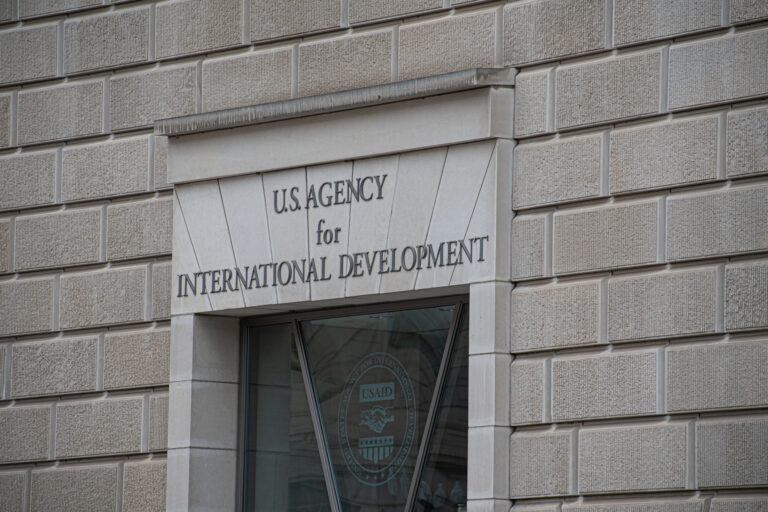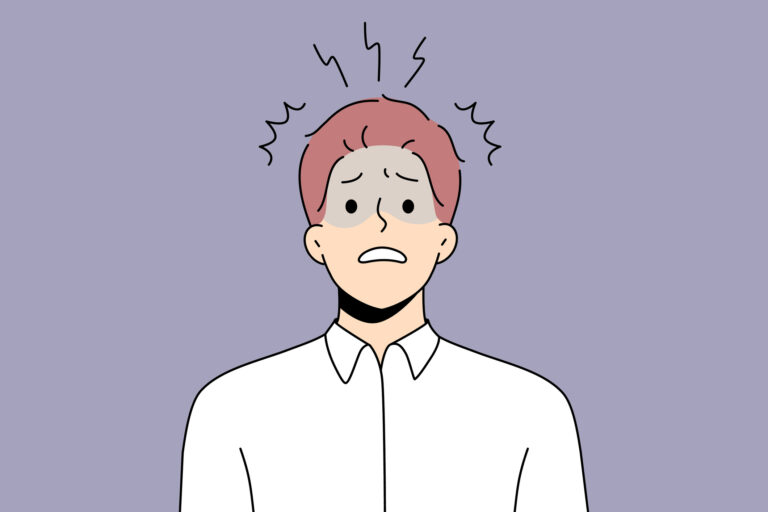Congressman Henry J. Hyde
Opening Statement
Chairman, House International Relations Committee
October 17, 2001
Over twenty years ago it first became apparent that the government of the People’s Republic of China was compelling women to abort their “unauthorized” unborn children. It also appeared that the government was forcing women — and sometimes men — to undergo sterilization when they had had the maximum number of children the government thought they should have. The usual method was intense persuasion, using all the economic, social, and psychological tools a totalitarian state has at its disposal. When these methods failed, the woman could be taken by physical force to a government birth control clinic for the abortion or sterilization.
Throughout the sordid history of this coercive program, the government of China has insisted that the program is fully voluntary. In recent years they have conceded that there may have been isolated abuses by overzealous local officials, but that these were strictly unauthorized.
In January of 1998 the United Nations Population Fund, or UNFPA — which had long had a close working relationship with PRC family planning officials — signed a new four-year agreement with Beijing. Under this agreement, UNFPA would operate in 32 counties throughout China. In each of these counties, the central and local authorities had agreed that there would be no coercion and no birth quotas, and that abortion would not be promoted as a method of family planning.
Some of us were skeptical about whether UNFPA was really the right organization to ensure against coercion in China. UNFPA officials had consistently defended the Chinese family planning program against accusations of forced abortion and forced sterilization, even long after other observers had concluded that these abuses did occur. Judging from this unhappy experience, we worried about whether UNFPA officials would recognize coercion when they saw it. But hope triumphed over experience, and the then Administration supported the new agreement.
Today’s testimony suggests that, after three years, the new arrangement is not working. Our lead witness today, Ms. Josephine Guy, just returned from one of UNFPA’s 32 model counties. She will testify and present videotaped evidence of forced abortion, of the destruction of houses belonging to families who have had unauthorized children, and of similar abuses that have been associated with the PRC population control program. Other witnesses will testify that this new evidence is consistent with the history of the program and with the current situation in the rest of China.
This evidence suggests that the same harsh reality still prevails in this so-called model county that has long prevailed throughout China. The only difference appears to be that coercion is now cloaked behind the rhetoric of voluntarism, shielded from criticism by yet another international seal of approval.
I regret that the legislative schedule will prevent me from hearing this testimony first-hand, but I look forward to reviewing it, along with a UNFPA response which I understand will be placed in the record. Congressman Christopher Smith, the Vice Chairman of the Committee, will chair the remainder of the hearing, and I will carefully consider with him and with other Members of the Committee the appropriate legislative response to the evidence we receive today.






